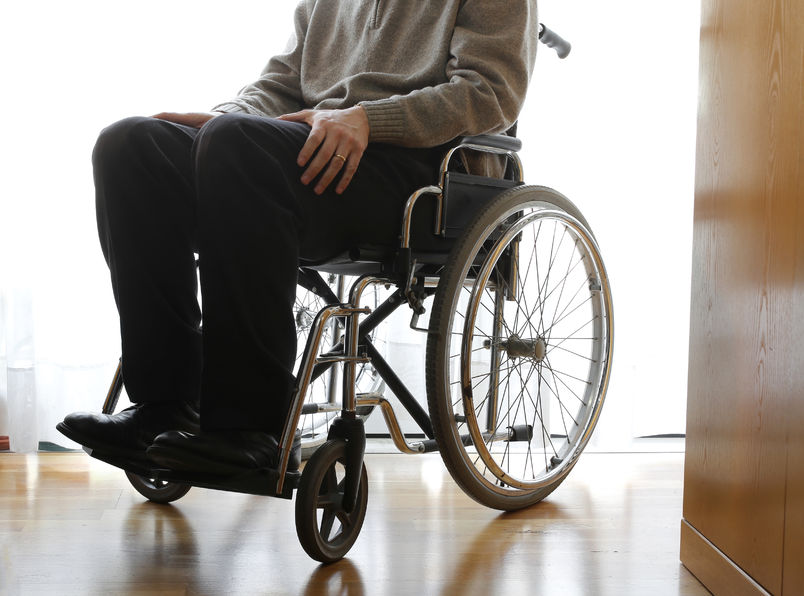A first-in-human clinical trial of Ionis Pharmaceuticals’ Huntington’s disease drug have shown that it was able to reduce levels of toxic mutant huntingtin protein (mHTT) in the nervous system. The results of this 46-patient Phase I/IIa study have promoted Roche to exercise its option to further develop and commercialize IONIS-HTTRx for an estimated license fee of $45 million.
“We are encouraged by the performance of IONIS-HTTRx in the Phase 1/2a clinical study. The dose-dependent reductions of mHTT we observed in the study substantially exceeded our expectations and we were equally encouraged by the safety profile of the drug,” said Dr. C. Frank Bennett, senior vice president of research at Ionis Pharmaceuticals. “We are grateful to the patients and investigators participating in this study. We could not have reached this important milestone without their commitment and that of the broader HD community.”
HTTRx is an antisense therapy designed to bind to and initiate the destruction of the mRNA template for the mutated huntingtin protein. While the antisense drug has so-far been successful at blocking huntingtin production, it’s unclear whether this will translate into slowing, or even stopping, Huntington’s disease progression in patients.
“We are extremely pleased that to have reached this important milestone in our collaboration with Roche to discover and develop a therapy for people with Huntington’s disease,” said B. Lynne Parshall, chief operating officer at Ionis Pharmaceuticals. “This is our second antisense drug targeting a neurodegenerative disease to demonstrate a positive impact on a disease target in the CNS.”
According to Ionis, 30,000 individuals in the US are currently suffering from symptomatic Huntington’s disease, with over 200,000 people at risk of carrying the mutation which causes the condition. The current lack of effective disease-modifying therapies for Huntington’s disease means patients usually succumb to their neurodegenerative symptoms between 10 and 25 years after receiving an initial diagnosis.
“The results of this trial are of ground-breaking importance for Huntington’s disease patients and families,” said Dr. Sarah Tabrizi, professor of clinical neurology, director of the University College London’s Huntington Centre. “For the first time, a drug has lowered the level of the toxic disease-causing protein in the nervous system, and the drug was safe and well tolerated. The key now is to move quickly to a larger trial to test whether IONIS-HTTRx slows disease progression.”












Join or login to leave a comment
JOIN LOGIN